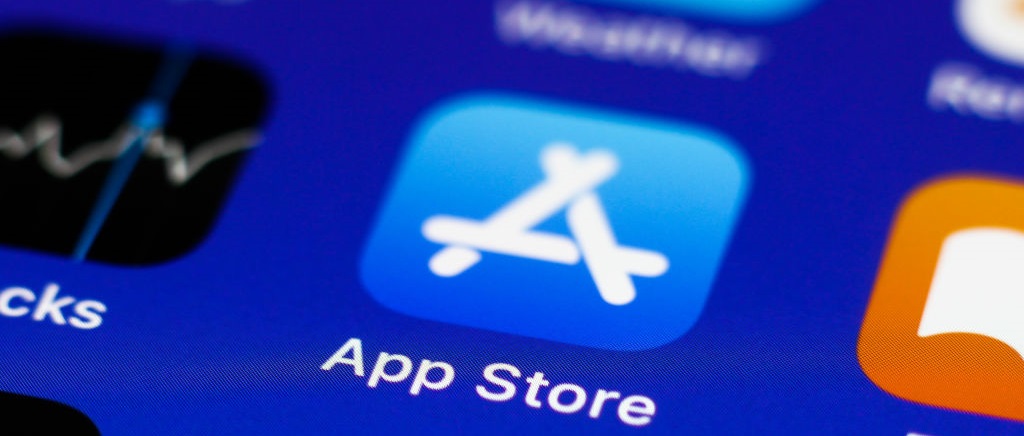
Everybody is talking about the game Wordle right now. What started as a passion project by creator Josh Wardle has exploded into the most popular and talked about game on the internet. The free-to-play word game is both extremely simple and, as we recently learned, very easy to replicate — clones of the game began popping up recently and some of them did not have the best intentions in mind.
One clone, in particular, gained notoriety when it appeared on the App Store. It was almost an exact replica in name (it called itself “The Wordle App.”), but while the game was free to download, it featured a paid upgrade advertising “unlimited plays” and “excellent customer service.” Word got around about the Wordle clones, and eventually, Apple removed them all from the App Store. Shortly after, the creator of this clone in particular sent out an apology in a series of tweets.
Here were my calculations:
a) Wordle is a ripoff of another game
b) Wordle the word isn’t trademarked and there’s a bunch of other unrelated word apps named the same thing
c) Wow, I’ll hack together something on the weekend and see if I can make a buck— Zach (@zachshakked) January 12, 2022
I realize I crossed a line. And I surely, surely will never do anything remotely close to this again. I fucked up.
— Zach (@zachshakked) January 12, 2022
The truth about a lot of games and ideas is that most of them aren’t original — Wordle, for instance, is awfully similar to the game show Lingo — but typically when ideas are copied there’s a little bit of effort to make them feel unique. What upset everyone about this wasn’t just that it was an attempt to profit off of Wordle‘s popularity, but this was essentially a carbon copy of the game. Even if a concept isn’t original, we want to see some kind of effort to make it feel original.
